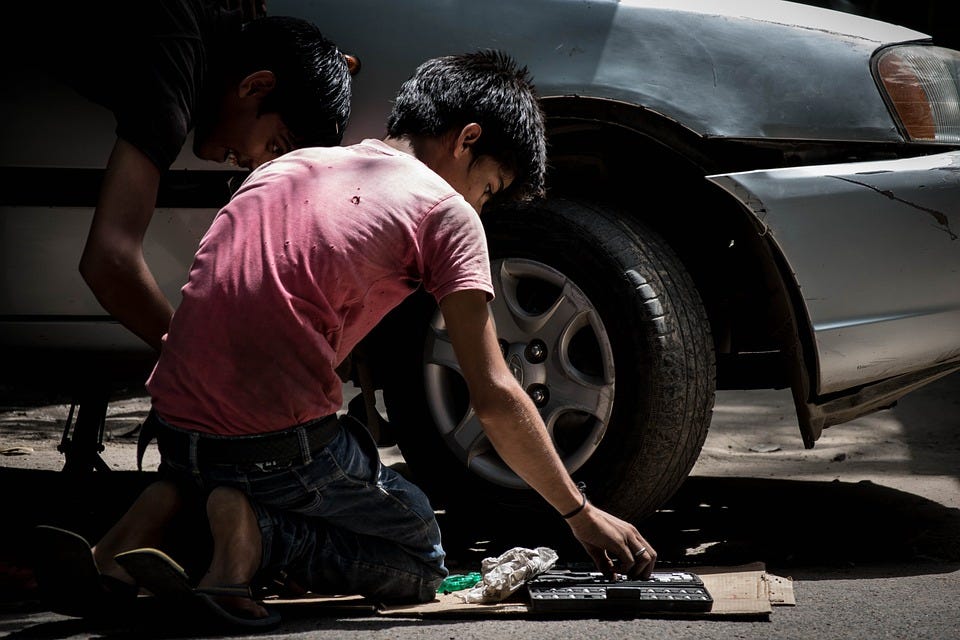
MILTON — While school is out for the summer, it does not mean high school students are any less busy.
For instance, Noah Vandenabeele of Milton High School works about 30 hours at a Milton fast food restaurant.
“I’m basically doing it for the extra income and saving up for a car,” he said.
Vandenabeele is one of many high school age students working during the school year and the summer break.
This week during a Santa Rosa County Parks and Recreation meeting, Jessica Dirickson, a Florida child labor investigator, recently shared a refresher course on the state’s child labor laws.
The Florida Child Labor Program is regulated by the Department of Business and Professional Regulation under the Child Labor Law in the Florida Statues and the Florida Administrative Code.
The program aims to educate, enforce and create administrative initiatives “designed to achieve full compliance in the enforcement of the Child Labor Law and ensure the health, education and welfare of Florida’s working minors,” according to the presentation.
Employing minors in violation of Florida Child Labor laws may result in fines of up to $2,500 per offense and/or be guilty of a second degree misdemeanor.
Guidelines for 14- and 15-year-olds:
While school is in session, these teenagers may not work during school hours.
In addition, they are restricted from working before 7 a.m. and after 7 p.m. These teenagers cannot work more than three hours per day when school is scheduled the following day, but can work up to eight hours when school is not scheduled the following day.
These minors are also restricted to not work more than 15 hours in any one week.
When school is not in session, these minors are still restricted from working before 7 a.m. nor later than 9 p.m.
They are also not required to work more than 40 hours in one week.
16- and 17-year-olds in the workforce
Like the previous age group, these teenagers should not be working during school hours when school is in session, which includes not working before 6:30 a.m. or after 11 p.m., unless no school is scheduled the following day.
This age group should also not be working more than eight hours a day, unless there is no school scheduled the following day.
Overall, these teens should not be working more than 30 hours a week.
While school is not in session, 16- and 17-year-olds have no limitations as far as hours. However, they should not work more than six consecutive days in one week.
At all times, minors are required to be given an 30-minute uninterrupted break after four hours of work, according to the presentation.
Typical occupations for teens include working in department stores, bagging groceries or working in the fast food or restaurant industry.
Occupations not ideal for teenagers include work places that require strict safety precautions such as working on scaffolding, with electrical apparatus or in an environment consisting of toxic substances, just to name a few.
Employers of minors are required to keep a proof of age, timesheets and posting a child labor poster in a conspicuous location.
While there are several restrictions and limitations when employing minors, the presentation suggests there are several benefits to having their employment.
These benefits having workers who are young and energetic while being trainable with few bad habits.
Minors could provide assistance on weekends and perform seasonal work. In addition, they could stay on board as an adult with the potential to become a future supervisor or manager.
ONLINE
Visit http://bit.ly/28QW6D4 for more information on Florida child labor laws’ exemptions, waivers and safety tips
This article originally appeared on Santa Rosa Press Gazette: Teens working summer jobs must follow child labor laws, investigator says
